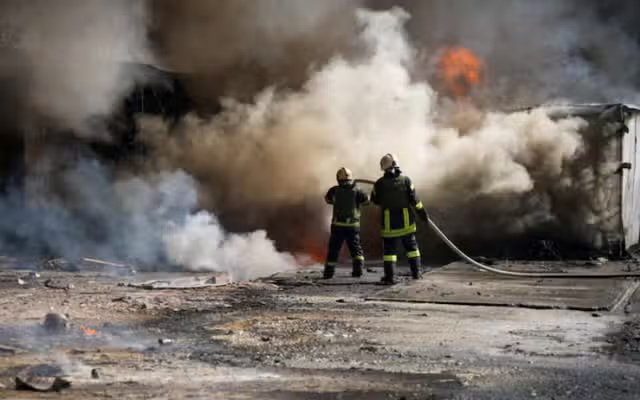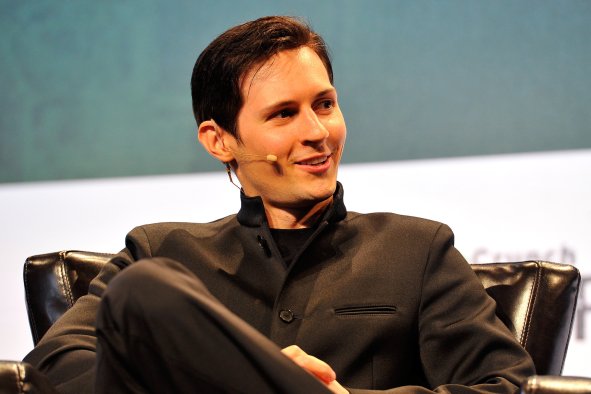German Chancellor Olaf Scholz promised on Monday to implement stricter knife laws and ramp up deportations of rejected asylum-seekers following a deadly knife attack in Solingen, Germany,
The attack, which occurred during a festival on Friday celebrating Solingen's 650th anniversary, resulted in the deaths of three individuals and left eight others wounded.
The BBC reported that shortly after the stabbing incident, the suspected attacker was believed to have fled the scene, and police helicopters were actively circling the area in search for the individual. However, the suspect, a 26-year-old Syrian national identified as Issa Al H., turned himself in to police on Saturday.
According to the Associated Press (AP), federal prosecutors said the suspect holds extremist views aligned with the Islamic State and had been due for deportation after his asylum application was rejected.
On Monday, Scholz, who laid a white rose at a makeshift memorial, spoke out about the incident.
"We must do everything to ensure that such things never happen in our country, if possible," he said.
Scholz continued to state the urgent need to tighten knife laws, a move that Interior Minister Nancy Faeser had already begun advocating for earlier this month, the AP reported. The proposed legislation would restrict the public carrying of knives to those with blades no longer than 6 centimeters, a significant reduction from the current 12-centimeter limit.
The suspect, who had been slated for deportation to Bulgaria, reignited debates over Germany's handling of migration and deportation. Scholz acknowledged these challenges, noting that deportations have increased by 30 percent this year but added that more needs to be done, the AP reported.
"We will have to do everything so that those who aren't allowed to stay in Germany are sent back and deported," Scholz said, adding that "we have massively expanded the possibilities to carry out such deportations."
Newsweek reached out to Scholz's office via email on Monday for comment.
Meanwhile, the mass stabbing in Solingen comes after another knife attack in Mannheim, Germany, in May that left one police officer dead and four more people injured. Due to the suspect in that attack being identified as an Afghan immigrant, discussions intensified around deporting criminals to countries like Afghanistan and Syria, a practice Germany has largely refrained from due to security concerns.
Germany does not currently carry out deportations to those countries as the government has no diplomatic relations with the Taliban in Kabul, the AP reported.
However, Scholz previously said in June that his government was working on solutions that would allow such deportations, a move that has been met with criticism from opposition leaders demanding quicker action.
Opposition leader Friedrich Merz, the leader of Wüst's Christian Democratic Union, said on Sunday evening on ARD television that "we have been discussing the consequences of Mannheim for three months...it's enough. We must now do something together."
"We have people in Germany we don't want to have here, and we must ensure that we don't have even more coming," Merz said.
Disclaimer: The copyright of this article belongs to the original author. Reposting this article is solely for the purpose of information dissemination and does not constitute any investment advice. If there is any infringement, please contact us immediately. We will make corrections or deletions as necessary. Thank you.



